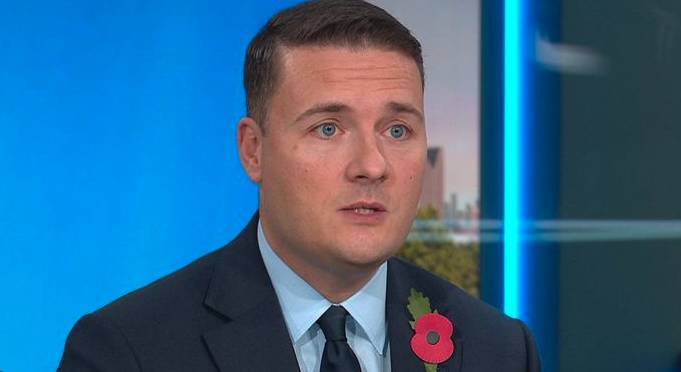Prime Minister Keir Starmer and Chancellor Rachel Reeves have decided to abandon plans to increase income tax in the upcoming Budget. The change comes shortly before the Budget is due and marks a clear shift in the government’s approach to raising money for public services. Reports say the decision follows days of internal debate and concerns about how the public would react.
The government had been considering raising income tax by about two pence in the pound. This was meant to help close a large gap in the country’s finances. However, new forecasts from the Office for Budget Responsibility showed slightly better economic conditions. At the same time many Labour MPs warned that going ahead with the rise would break promises made during the election campaign.
READ ALSO
During an interview on Sky News, Health Secretary Wes Streeting also backed the decision to drop the income tax rise. He said it was important for the government to keep its promises and stand by its manifesto. When asked whether taxes might still increase in other ways, such as through frozen thresholds, he said he would not discuss the details before the Budget is published

Financial markets reacted quickly to the announcement. Government bond yields rose and the value of the pound fell as investors tried to assess what the reversal means for future tax and spending plans. Economists say the decision raises questions about how the government will raise enough money without touching major taxes like income tax or National Insurance.
Politically the decision helps Labour avoid breaking its tax promises to working people. However it means the government must now find other ways to raise money. These options may include leaving income tax thresholds frozen or increasing smaller taxes. Although these steps do not change the headline rate of tax they can still place pressure on many households.